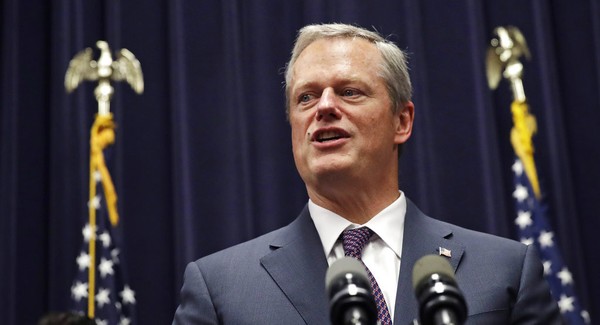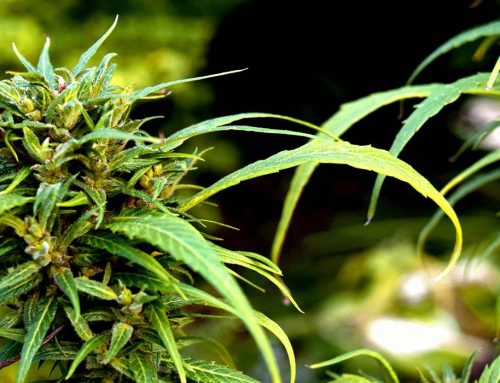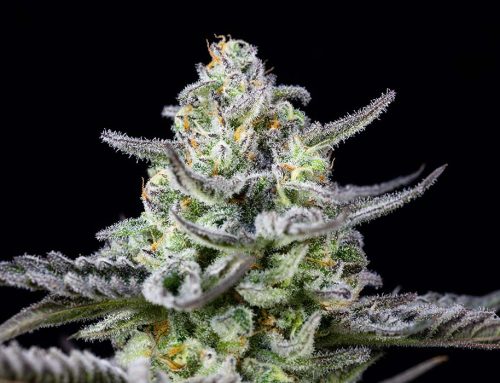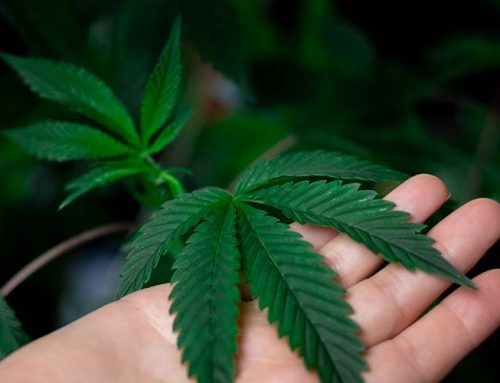Last year, Massachusetts Governor Charlie Baker signed a bill to legalize the cultivation, sale, and use of recreational marijuana. June 1 of this year marked the first day of implementation. State regulators now have the authority to issue licenses to marijuana vendors. The first shops may open for business on July 1. Medical dispensaries already exist in Massachusetts, and they may be among the first to be licensed to sell recreational marijuana.
Slow Rollout
The new law created a Cannabis Control Commission that will oversee the granting of licenses to vendors and cultivators. Applicants for licenses must pass background checks and demonstrate compliance with the laws governing retail businesses generally. Also, the new law allows municipalities considerable leeway regarding the time, place, and manner in which the new pot shops will conduct business. Cities may also choose to prohibit marijuana sales.
Steven Hoffman, the chairman of the commission, has indicated that the commission is required to consider the questions and concerns of towns and cities. Applicants for licenses will need to receive permission from local government before getting approval from the state commission. Currently, only a small number of sellers and cultivators have filed their applications with the commission.

According to a press release from the governor’s office, the five-member commission consists of one appointee each from the governor, treasurer, and attorney general. The remaining two members will be agreed upon by the majority of those three. There is also a fifteen-member advisory board with five appointees each named by the governor, treasurer and attorney general. The remaining ten appointees are appointees with expertise and knowledge relevant to the board’s mission. In addition to granting licenses, the commission has the power to set potency limits for edible marijuana products and packaging requirements that conform to a detailed list of health and safety protections. The tax on adult-use marijuana sales will be 10.75 percent. The tax revenue will go to supporting the costs of regulating the industry (including testing laboratories) and to funding initiatives in public health, public safety, police training, restorative justice, and workforce development. Medical marijuana will remain untaxed.
“We appreciate the careful consideration the legislature took to balance input from lawmakers, educators, public safety officials and public health professionals, while honoring the will of the voters regarding the adult use of marijuana,” said Governor Baker.
What do you think: Will there be shortages until newly licensed growers bring in their first crop? Leave a comment below.






